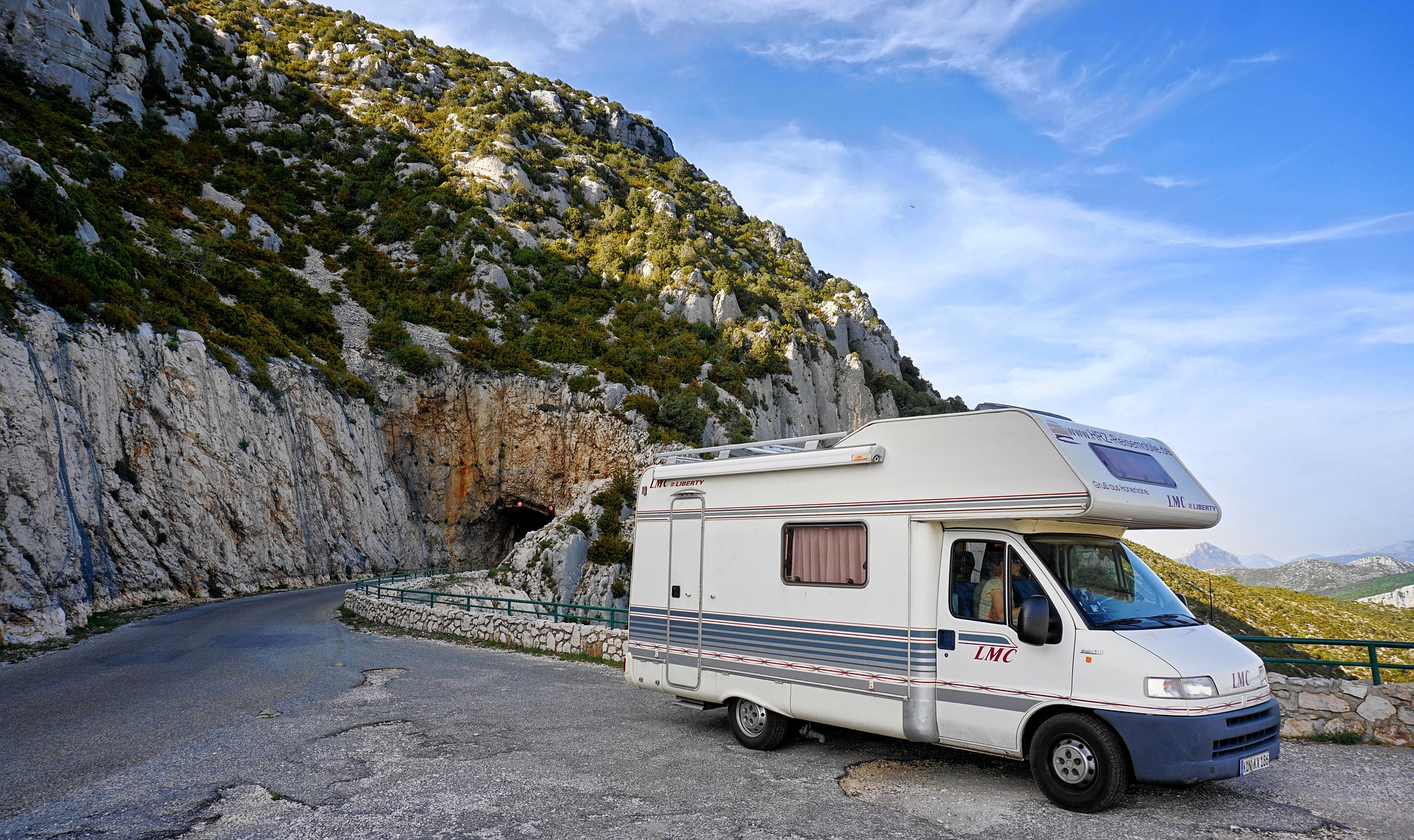Financing Your Home on Wheels: RV, Camper & Motorhome Loans Explained
Embarking on the open road with your own recreational vehicle (RV), camper, or motorhome is an exciting prospect for many travel enthusiasts. However, the cost of these mobile homes can be substantial, often requiring financial assistance. RV, camper, and motorhome loans offer a solution, allowing you to spread the cost over time and make your travel dreams a reality. This article will explore the ins and outs of these specialized loans, helping you navigate the financing process for your home away from home.

How Do RV Loans Differ from Traditional Auto Loans?
While RV loans share some similarities with auto loans, they have distinct characteristics that set them apart. RV loans often come with longer repayment terms, sometimes extending up to 20 years, compared to the typical 5-7 year terms for auto loans. This longer term helps keep monthly payments more affordable given the higher purchase price of RVs. Additionally, RV loans may require a larger down payment, usually around 10-20% of the purchase price, to offset the higher risk associated with these luxury items.
What Types of RVs Can Be Financed?
RV loans can be used to finance a wide range of recreational vehicles, from small pop-up campers to large motorhomes. This includes:
-
Travel trailers
-
Fifth-wheel trailers
-
Pop-up campers
-
Class A, B, and C motorhomes
-
Toy haulers
-
Truck campers
Each type of RV comes with its own set of features, including varying bathroom and shower facilities, which can impact the loan amount and terms.
How Does Water Usage Impact RV Loan Considerations?
When considering an RV loan, it’s important to factor in the vehicle’s water systems, including bathroom and shower facilities. RVs with more advanced water systems, such as those with larger freshwater tanks, gray water tanks, and black water tanks, may come with a higher price tag and, consequently, require a larger loan. These systems impact not only the initial cost but also long-term maintenance expenses, which should be factored into your budgeting and loan decisions.
What Factors Affect RV Loan Approval and Terms?
Several factors influence your ability to secure an RV loan and the terms you’re offered:
-
Credit Score: A higher credit score typically results in better interest rates and loan terms.
-
Income and Debt-to-Income Ratio: Lenders want to ensure you can afford the loan payments.
-
Down Payment: A larger down payment can improve your chances of approval and may lead to better terms.
-
RV Age and Type: Newer RVs and certain types (like motorhomes) may qualify for better rates and longer terms.
-
Loan Amount: The size of the loan can affect the interest rate and repayment term.
-
Intended Use: Whether the RV will be used as a primary residence or for occasional travel can impact loan terms.
| Lender | Loan Amount Range | APR Range | Term Range |
|---|---|---|---|
| LightStream | $5,000 - $100,000 | 7.99% - 19.99% | 24 - 84 months |
| Bank of the West | $10,000 - $2,000,000 | 5.89% - 16.89% | Up to 240 months |
| Good Sam | $10,000 - $2,000,000 | 6.99% - 17.89% | Up to 240 months |
| USAA | $5,000 - $500,000 | 6.55% - 17.85% | 12 - 180 months |
| Navy Federal Credit Union | Up to $500,000 | 7.79% - 18.00% | Up to 180 months |
Prices, rates, or cost estimates mentioned in this article are based on the latest available information but may change over time. Independent research is advised before making financial decisions.
Choosing the right RV loan requires careful consideration of your financial situation, travel needs, and the specific features of the RV you’re interested in. By understanding the nuances of RV financing and comparing offers from multiple lenders, you can secure a loan that aligns with your budget and helps you hit the road in your dream recreational vehicle. Remember to factor in ongoing costs such as maintenance, insurance, and campground fees when planning your RV purchase and loan strategy.






